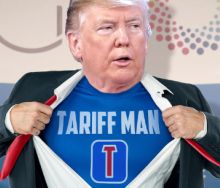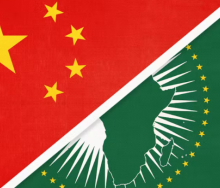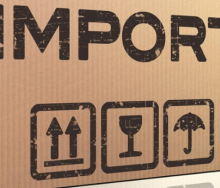A high-level visit to Niamey by a senior US diplomat confirms that the Biden Administration seems to be losing influence in Niger, Africa's largest exporter of uranium.
Regarded as the West's last significant post-colonial partner in resisting growing militia movements flourishing in the Sahel region south of the Sahara, Niger has been under the rule of President Mohamed Bazoum since gaining independence from France in 1960.
However, on July 26, his lengthy rule abruptly ended when he was ousted in a mutiny by Abdourahamane Tchiani, former head of the presidential guard.
Although Victoria Nuland, the US Acting Deputy Secretary of State, had hoped to meet with Abdourahamane, she instead met with General Moussa Salaou Barmou, one of the coup leaders whose rise to military infamy was partly facilitated by the training he received in the US.
Nuland had also hoped to meet with Bazoum, his wife, and son, all of whom are currently held captive by the junta in the presidential palace in Niamey.
Associated Press reported that, when speaking to the junta's leaders, Nuland made it "absolutely clear" that Niger will face significant repercussions if democracy is not restored without further delay.
A deadline to this effect, set by the Economic Community of West African States (ECOWAS), has since passed.
Abdourahamane stated that they have reason to fear an attack by ECOWAS forces and, as a result, have closed Niger's airspace.
Another leader of the mutiny, Colonel Major Amadou Abdramane, said: "Niger's airspace will remain closed until further notice.
“Any attempt to fly over the country will be met with an energetic and immediate response."
The junta has indicated that they are aware of two ECOWAS members that are preparing to intervene militarily in the Niger situation, although Abdourahamane and his followers did not identify these countries.
Mali and Burkina Faso, both governed by military juntas, have expressed support for the coup in Niger and have announced that delegations will be sent to the capital.
A meeting scheduled for this Thursday between ECOWAS delegates and the junta's leaders is widely seen as a last-ditch attempt to restore Bazoum's authority.
Aside from exporting most of its uranium to France, which is its second-biggest export commodity after gold, Niger also exports oil, oily seeds, palm oil, radioactive chemicals, refined petroleum, thorium ore and agricultural products to markets in China, the United Arab Emirate and its former colonial ruler.
Since Bazoum was ousted, the price of uranium has sharply increased.
Experts predict that as the current situation in Niger persists, the price of uranium is expected to rise even further.













